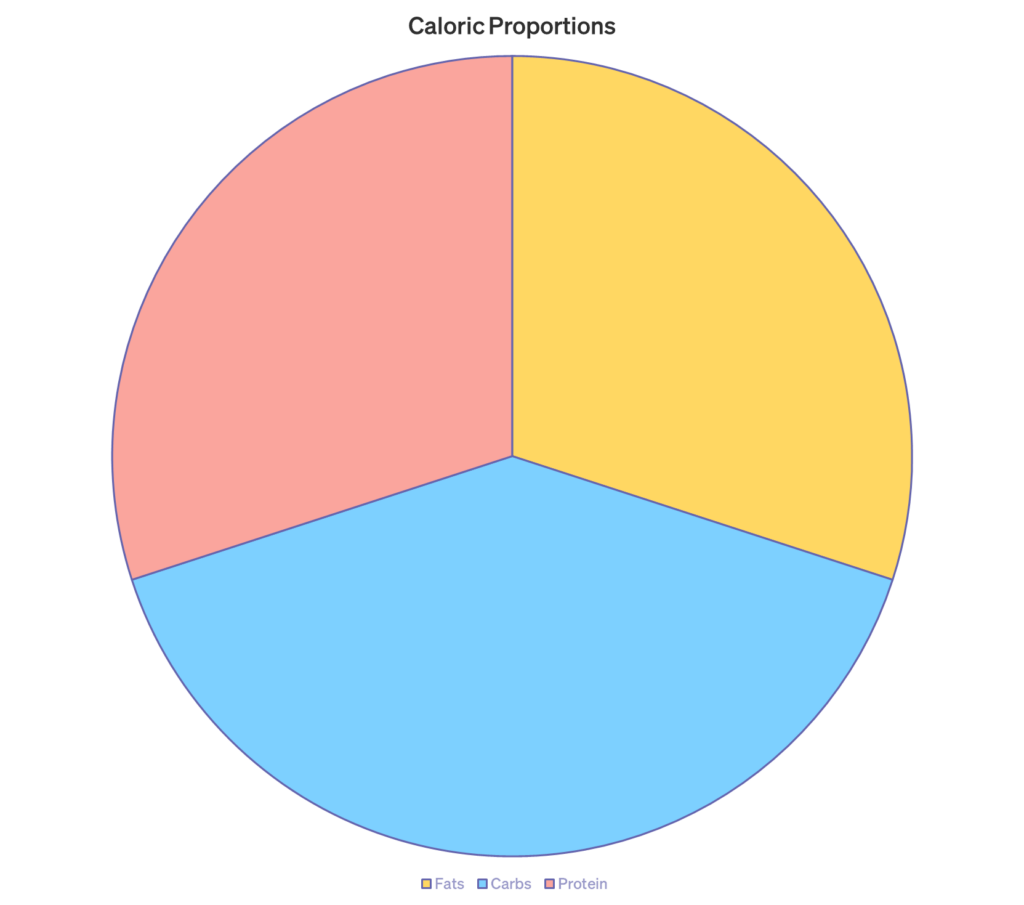

Featured Projects
What's happening
Contact us
JDL Health and Wellness – “The Basics” of Pillar 1: Nutrition
Now, you may be asking, why on earth is a general contracting firm writing blog posts on health and wellness? Well hold onto your hard hats, because we’ve got an answer for you! Here at JDL, we realized that prioritizing well-being and discussing topics like health and wellness was important for our employees. We take pride in our culture and teamwork, and if we can sprinkle some knowledge to make our employees’ lives even the tiniest bit better, we’re all for it. And guess what? We want to share that same information with our incredible followers too! That’s why we unanimously decided to appoint our Project Manager, Gavin Isbell, as our monthly wellness guru.

Now, quick disclaimer, Gavin has no certifications, formal trainings, or educational background in this… BUT he is one of the most dedicated and hardworking individuals you’ll ever meet. Seriously, this guy is like a superhero. Haven’t sold you yet? Fair enough… If you don’t want to take our word for it, here are some of his impressive credentials: Gavin was initially recruited to run Division I track for the University of Massachusetts Amherst, however, he was such an impressive athlete that they asked if he also wanted to join the rowing team (which he did at ease). Oh, forgot to mention one thing though, he didn’t even know how to swim before joining the team! Gavin continuously educates himself by listening to health podcasts, will randomly decide to run a marathon the day of with no training (and casually complete it) and get this – He doesn’t drink caffeine, none, zip! Now, if that doesn’t make him a credible source of wellness wisdom, we don’t know what will.

So with that being said…. welcome to JDL Health and Wellness!
In broad terms, there are four widely accepted pillars that contribute to our overall well-being: nutrition, exercise, relaxation/stress management, and rest/sleep. So, today, we will dive into the first pillar of health and wellness: nutrition.
When it comes to nutrition, it’s often said that “you are what you eat.” In terms of body composition, nutrition plays a significant role, accounting for approximately 70-80% of it, while exercise makes up the remainder. Food is not only enjoyable and sometimes considered an art, but it is also fuel for our bodies. Just like different vehicles or heavy machinery, different people have different fuel needs, and the quality of that fuel plays a vital role in determining our performance.
So, what exactly is nutrition? It is the utilization of food for necessary health and growth. Nutrition can be broken down into various components, including carbohydrates, proteins, fats, vitamins, minerals, dietary fiber, and water. Each of these components can be further divided, but let’s explore a few of them briefly.
Carbohydrates come in different forms, such as monosaccharides, disaccharides, oligosaccharides, and polysaccharides. They include sugars, starches, and fiber, with processed carbohydrates being broken down by our bodies the fastest.
Fats are essential for organ protection, vitamin absorption, and supporting cell function. Your brain, for instance, is composed of approximately 60% fat. Different types of fats include monounsaturated fats, polyunsaturated fats, saturated fats, and trans fats.
Proteins play a crucial role in our bodies, serving as antibodies, contractile proteins, enzymes, hormonal proteins, structural proteins, storage proteins, and transport proteins. A complete protein is composed of 20 amino acids, which our bodies use to build and repair muscles, bones, and to create hormones and enzymes.
Macro and micronutrients are important concepts to understand. Macro nutrients are the “Big 3” – fats, carbs, and proteins. These make up the majority of our diet and also contain micronutrients. On the other hand, micronutrients refer to the vitamins and minerals that are essential for our health and growth.
Water and dietary fiber, although not technically considered macro or micronutrients, are derived from the foods we eat and are crucial for nutrition. They play critical roles in digestion and are vital for maintaining homeostasis in our bodies.
Proportions of nutrition can vary depending on individual goals and activity levels, but a recommended daily caloric intake is approximately 40% carbs, 30% protein, and 30% fats.

Now, let’s talk about caloric intake. A calorie is a unit of energy equivalent to the heat energy needed to raise the temperature of 1 gram of water by 1 °C. We use calories as a measurement because our calorie expenditure occurs through thermogenesis, which is the process of using fuel to produce heat, or in other words, burning calories. Food is measured in kilocalories (kcal), and the FDA uses 2,000 kcal as the standard for daily consumption, which is what nutrition labels and percentage values are based on.
To ensure a well-rounded nutritional intake, it’s important to include a variety of foods in our diet. Carbohydrate-rich foods include beans, legumes, grains, vegetables, and fruits. Healthy fats can be found in avocados, nuts, and whole milk. Proteins are abundant in meats, eggs, and cheese. And don’t forget to eat the rainbow by including a variety of fruits and vegetables to obtain essential vitamins and fiber.
Understanding the basics of nutrition is the first step toward achieving a balanced and healthy lifestyle. Stay tuned for future posts where we will explore other pillars of health and wellness and delve deeper into the fascinating world of nutrition. Remember, what we put into our bodies has a profound impact on our overall well-being.